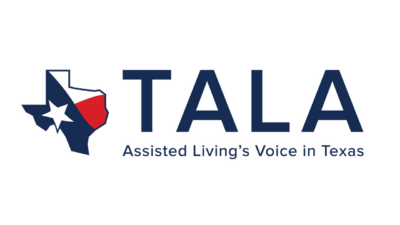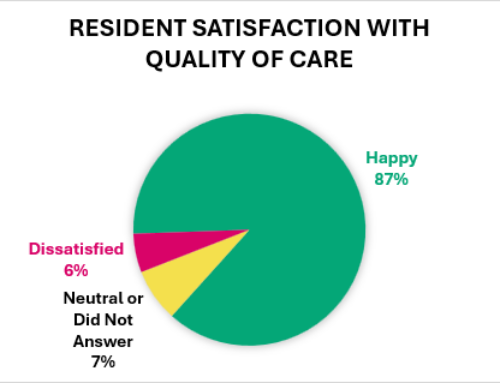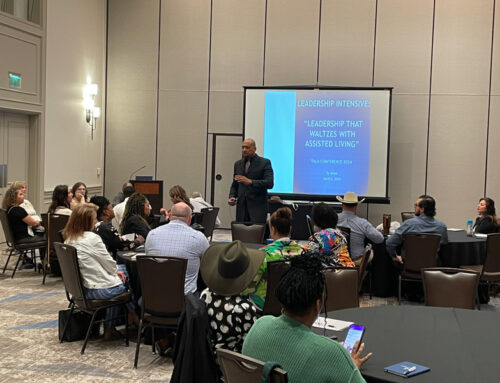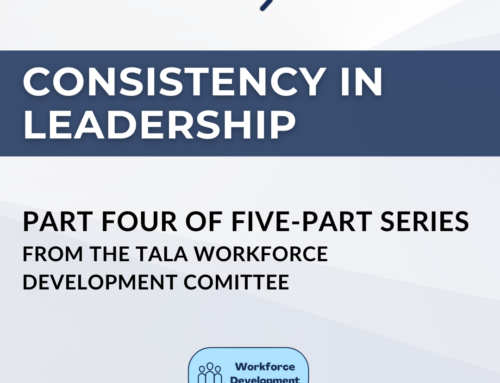On August 20, 2024, in the Ryan LLC v. Federal Trade Commission lawsuit, Judge Ada Brown of the United States District Court for the Northern District of Texas, struck down a final Federal Trade Commission (FTC) rule to ban non-competition agreements asserting that the rule will not be enforced by the FTC or have the ban take into effect. The Texas district court’s decision setting aside the FTC rule makes it the first court to reach a final decision.
What is the FTC Non-Competition Rule?
The FTC non-competition final rule (the “Final Rule”) would have taken into effect on September 4, 2024. The Final Rule banned non-competition agreements with practically all workers after September 4, 2024. It also would have invalidated existing non-competition agreement with workers except senior executives and required employers to send a clear and conspicuous notice to affected workers, by the effective date, that the worker’s non-competition clause will not and cannot be legally enforced. The Final Rule would have trumped conflicting state and local laws.
Let’s Review the History Behind the Final Rule.
A preliminary ruling on July 3, 2024, in the Texas district court enjoined the FTC from enforcing the Final Rule against the plaintiffs during their litigation. Notably, that preliminary ruling was limited in that it only prevented the FTC from enforcing the Final Rule against the litigants in the Texas district court case. Other courts reviewing similar challenges to the Final Rule also limited their decisions to the litigants in the case or disagreed with the Texas district court’s initial decision and declined entirely to enjoin the Final Rule. For example, on July 23, 2024, in the ATS Tree Services case, the Eastern District of Pennsylvania held that the Final Rule was valid and enforceable, resulting in the court’s declining to enjoin its enforcement. As such, prior to the August 20, 2024, decision, the FTC’s non-competition rule was set to go into effect for most employers on its effective date, September 4, 2024.
How Did the Court Make Its Decision?
The court determined the FTC “…exceeded its statutory authority in implementing the Rule, and the Rule is arbitrary and capricious.” Thus, the court set aside the Final Rule as to all workers, employees and employers, concluding that the Final Rule shall not be enforced or otherwise take effect. The court found the Final Rule to violate the Administrative Procedure Act (APA), finding the Final Rule “is unreasonably overbroad without a reasonable explanation.” The court found the FTC lacked empirical basis for the “sweeping prohibition” that it adopted, barring “entering or enforcing virtually all non-competes.” The court criticized the FTC for failing to consider the benefits of non-competition agreements. At this point, it is anticipated the FTC will appeal the decision to the U.S. Court of Appeals for the Fifth Circuit and may seek a stay of the decision pending that appeal. The Fifth Circuit has not been a favorable venue in recent years for the federal government in regulatory litigation like the facts in this case.
What Should Employers Do Next?
Employers should not send the notice the Final Rule would have required or modify their agreements to comply with the now-invalidated rule. Employers should monitor developments regarding this matter. The FTC will likely appeal and other cases challenging the Final Rule are pending. Employers must continue to comply with any applicable state laws concerning non-competitions and other restrictive covenants and should work with legal counsel to ensure compliance with those requirements.
What Does this Mean for Texas?
Employers must continue to comply with any applicable state laws concerning non-competitions and other restrictive covenants. There are specific requirements for covenants not to compete in order for it to be enforceable in Texas. For example, a covenant not to compete is only enforceable, if it is ancillary to or part of an otherwise enforceable agreement, and it defines a reasonable period, geographical area and activities. Another example is the issue of having adequate or sufficient consideration for a non-compete agreement to be enforceable under Texas law. Depending on the circumstances, a promise of employment, pay raises, promotion, stock options, specialized training, and knowledge of the employer’s confidential information or trade secrets can all be forms of adequate or sufficient consideration. Employers in Texas should work with competent legal counsel to ensure compliance with those requirements.
____________________________________________________________________________
Richard Y. Cheng is a managing member at Ritter Spencer Cheng PLLC, who brings a wealth of experience and expertise in corporate transactions, regulatory matters and has a certification in healthcare compliance (CHC) through the Certification Compliance Board (CCB).
At Ritter Spencer Cheng, our team handles highly contested and complex labor and employment matters. We are intensely attuned to the challenges our clients face on a day-to-day basis, and the need to balance legal options against business strategies. Ritter Spencer Cheng PLLC offers a blend of expertise and dedication in this challenging landscape, particularly on the management side of employment matters.
This article is for informational purposes only and does not contain legal advice. Please consult with your attorney regarding any questions.






